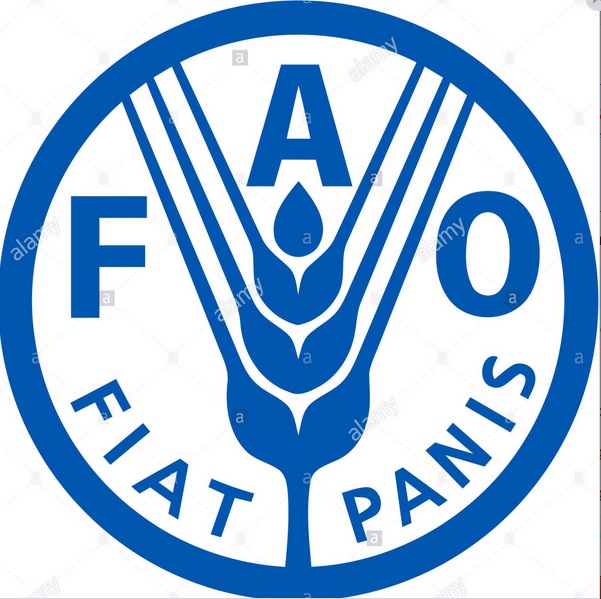FAO Requests 70 Million USD Urgently to Control Locust - ENA English
FAO Requests 70 Million USD Urgently to Control Locust

ENA,February 7/2020 The Food and Agriculture Organization urgently requested today 70 million USD to support rapid control actions and take measures to prevent a deterioration in the food security situation aggravated by the unhindered locust swarm in Eastern Africa.
The statement issued by the organization stated that a serious and widespread desert locust outbreak is threatening crops and pasture across Ethiopia, Somalia, and Kenya. This is the worst outbreak in over 25 years in Ethiopia and Somalia and the worst observed in over 70 years in Kenya.
It added that the desert locust represents an unprecedented threat to food security and livelihoods in the region and has the potential to become a regional plague that could lead to further suffering, displacement and potential conflict.
Meanwhile, FAO's Entomologist and Integrated Pest Management Expert Bayeh Mulatu told ENA that more resources need to be mobilized to scale up the locust control mechanism.
According to him, “the amount of resource required to fully control the desert locust invasion in Ethiopia can be up to 40 million USD.”
Over 244 swarms have entered to Ethiopia and over 20 bred inside Ethiopia, it was learned.
A typical swarm can be made up of 150 million locusts per square kilometer and is carried on the wind up to 150 km in one day; and even a very small, one square km locust swarm can eat the same amount of food in one day as about 35,000 people, FAO estimates.
The expert said FAO is leasing additional three aircraft sprayers to control the swarm in the country.
Bayeh noted that “Although it is a bit late many global institutions and countries are availing finance and FAO got about 15 million USD pledges from these partners. Of this, up to 7 million USD has been allotted to Ethiopia to help control the locust.”
The received finance will be spent to locate, monitor, control, and buy inputs, he added.
The current outbreak of locusts is ravaging crops in the Greater Horn of Africa, damaging thousands of hectares of croplands and pasture in Ethiopia, Kenya and Somalia.
FAO is appealing to resource partners to support scaling up of control actions.